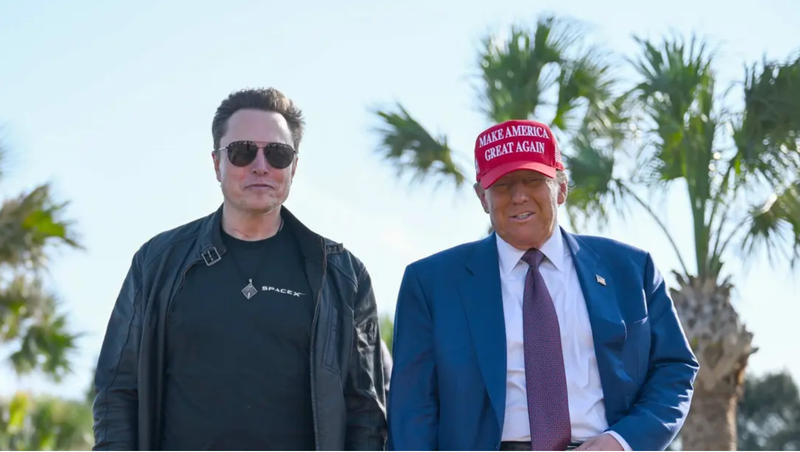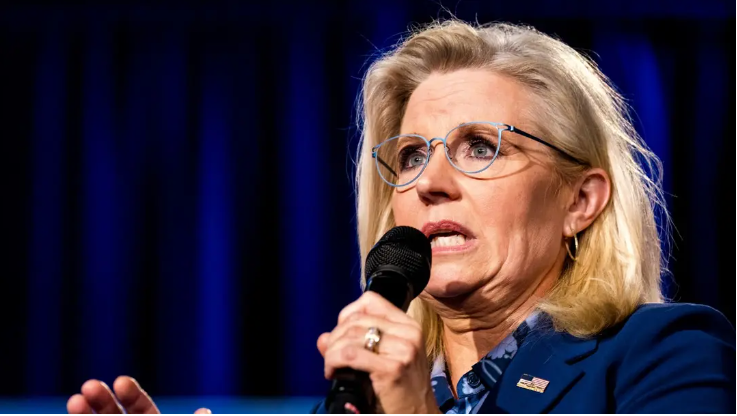Netherlands: Wilders Abandons Prime Minister Bid
Nearly four months after an election in which his party won the most seats, Dutch right-wing politician Geert Wilders said on Wednesday he was ready to drop his ambitions of becoming the country's next Prime Minister....
Facts
- Nearly four months after an election in which his party won the most seats, Dutch right-wing politician Geert Wilders said on Wednesday he was ready to drop his ambitions of becoming the country's next Prime Minister.1
- Despite his Party for Freedom (PPV) securing 37 out of 150 seats in November’s elections — far more than predicted — it fell short of a majority, requiring Wilders to enter into a coalition with other parties to form a government, a feat he has so far failed to achieve.2
- Wilders held coalition talks with the People’s Party for Freedom and Democracy, the center-right New Social Contract, and the Dutch Farmers' Party. However, the other parties said that talks could only continue if Wilders does not become Prime Minister.3
- Commenting on his decision, Wilders said on the X platform, formerly Twitter, that he was unable to secure the support of 'ALL parties in the coalition,' adding that he was seeking a 'right-wing cabinet' to implement a policy of 'less asylum and immigration.'4
- The leaders of the other three parties declared that a coalition would only be considered if none of the four party leaders took on a role in the government. According to reports, the parties are open to forming a minority government with an 'extra-parliamentary cabinet.'5
- The last time that the party securing the most votes in the Dutch parliamentary elections did not appoint the Prime Minister was in 1982.3
Sources: 1Reuters, 2Guardian, 3POLITICO, 4X.com and 5BBC News.
Narratives
- Narrative A, as provided by ITV News. Wilders is an incredibly controversial figure who is known for inflammatory anti-Islamic and anti-immigration rhetoric. In a country that's long prided itself on tolerance, it's no surprise that the other parties did not want him to hold the top job.
- Narrative B, as provided by DutchNews.nl. The fact that the person with the most votes in the general election will not become Prime Minister is not only unfair, it's undemocratic. The Netherlands needs to overhaul its laws so that this situation cannot happen again.







